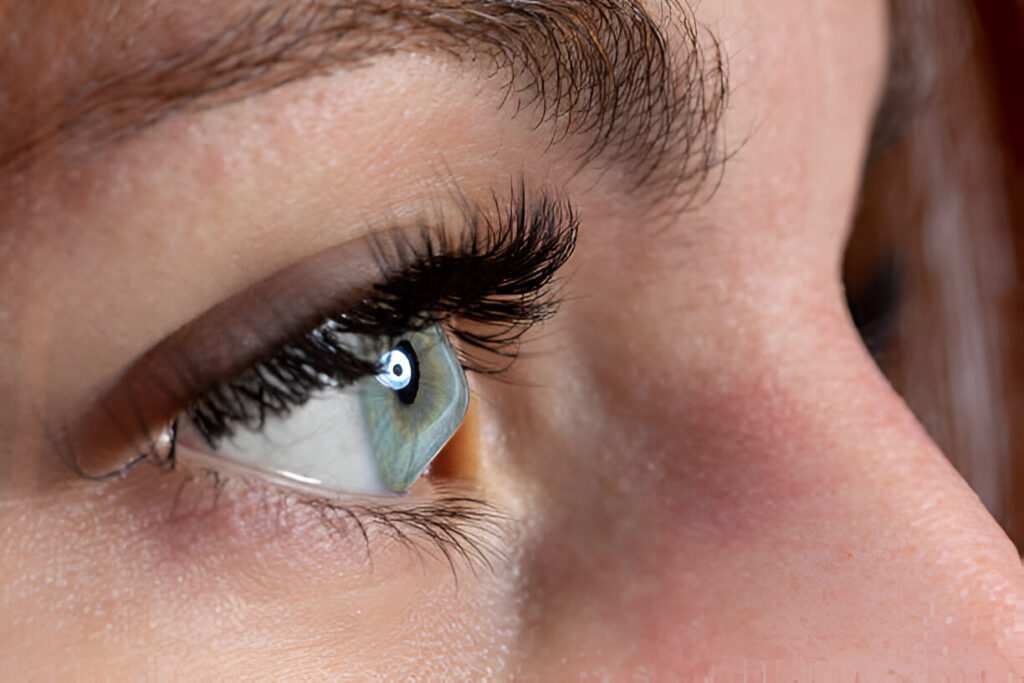What Should You Avoid if You Have Keratoconus?
Keratoconus is a condition where the cornea, the clear front surface of the eye, becomes thin and bulges outward into a cone shape. This can lead to blurry vision and sensitivity to light. Managing keratoconus effectively involves understanding what to avoid to prevent the condition from worsening. Here’s a guide on what you should steer clear of if you have keratoconus.
Rubbing Your Eyes
One of the most important things to avoid if you have keratoconus is rubbing your eyes. Rubbing can further thin the cornea, making the condition worse. It can also lead to complications like corneal scarring. If your eyes feel itchy, try using lubricating eye drops or a cool compress instead of rubbing them. Keeping your hands clean and avoiding contact with your eyes can significantly help in managing the symptoms.
Skipping Regular Eye Check-Ups
Regular eye check-ups are crucial when you have keratoconus. Missing appointments with your eye specialist can mean that any changes in your condition might go unnoticed, leading to a worsening of symptoms. Your specialist will monitor the progression of keratoconus and make necessary adjustments to your treatment plan. Staying consistent with your appointments ensures that you receive the best care and helps in managing the condition effectively.
Using Poor Quality Contact Lenses
For many people with keratoconus, contact lenses are a key part of managing their vision. However, using poor-quality or ill-fitting contact lenses can do more harm than good. Poor-quality lenses can cause discomfort and may not provide the correct vision correction, leading to strain and further deterioration of the cornea. Always opt for contact lenses recommended by your specialist, and ensure they are designed for people with keratoconus. Proper fitting and quality lenses can make a big difference in maintaining your vision.
Avoiding Protective Eyewear
If you have keratoconus, your eyes are more sensitive to light and environmental factors. Avoiding protective eyewear when outdoors can expose your eyes to harmful UV rays, dust, and debris, which can worsen your condition. Wearing sunglasses with UV protection when you’re outside can help shield your eyes from these harmful elements. Additionally, if you work in environments with high exposure to dust or chemicals, wearing appropriate protective eyewear is essential.
What Happens If Keratoconus Is Left Untreated?
Ignoring Dry Eye Symptoms
Dry eyes are a common issue for many people with keratoconus. Ignoring the symptoms of dry eyes can exacerbate keratoconus and lead to further discomfort. Dryness can make wearing contact lenses difficult and can cause irritation. To manage dry eyes, use lubricating eye drops as recommended by your specialist. Staying hydrated and avoiding air-conditioned or windy environments can also help keep your eyes moist and comfortable.
Skipping Prescribed Treatments
Keratoconus can be managed effectively with prescribed treatments, including special contact lenses, corneal cross-linking, or other procedures. Skipping these treatments or not following your specialist’s advice can result in the condition worsening. It’s important to adhere to the treatment plan and use any prescribed medications or devices as instructed. Consistency in following your treatment can help slow the progression of keratoconus and improve your quality of life.
Straining Your Eyes
Excessive eye strain can aggravate keratoconus symptoms. Activities such as prolonged screen time, reading in low light, or not taking breaks during tasks that require intense focus can all contribute to eye strain. To avoid straining your eyes, follow the 20-20-20 rule: every 20 minutes, look at something 20 feet away for at least 20 seconds. Ensure your workspace is well-lit and take regular breaks from screens or detailed work. Reducing eye strain can help manage keratoconus and prevent discomfort.
What is the Role of an Ophthalmologist in Eye Care?
Neglecting Eye Protection During Sports
If you engage in sports, especially contact sports, it’s important to protect your eyes. Keratoconus makes your eyes more vulnerable to injury, and a blow to the eye could result in serious damage. Always wear protective eyewear, such as sports goggles, to shield your eyes during physical activities. This simple precaution can help prevent injuries that could worsen your condition.
Exposing Your Eyes to Irritants
Environmental irritants like smoke, pollution, and allergens can aggravate keratoconus symptoms. Avoiding exposure to these irritants is crucial in managing the condition. If you live in an area with high pollution or during allergy season, consider staying indoors or using air purifiers to keep the air clean. When you do go outside, wearing sunglasses or protective eyewear can help shield your eyes from irritants.
Delaying Treatment for Other Eye Conditions
If you develop any other eye conditions, such as infections or injuries, seeking prompt treatment is essential. Delaying treatment for other eye issues can compound the problems caused by keratoconus, leading to more severe complications. Always consult your eye specialist at the first sign of any new symptoms or changes in your vision. Early intervention can prevent further damage and help you maintain your eye health.
Book Your Appointment Today!
Conclusion
Living with keratoconus requires careful management and understanding of what to avoid. By steering clear of these harmful habits and following your specialist’s advice, you can help protect your vision and manage keratoconus effectively. Regular eye check-ups, proper eyewear, and adherence to prescribed treatments are key to maintaining your eye health and preventing the condition from worsening. Remember, taking proactive steps in your daily life can make a significant difference in managing keratoconus.

